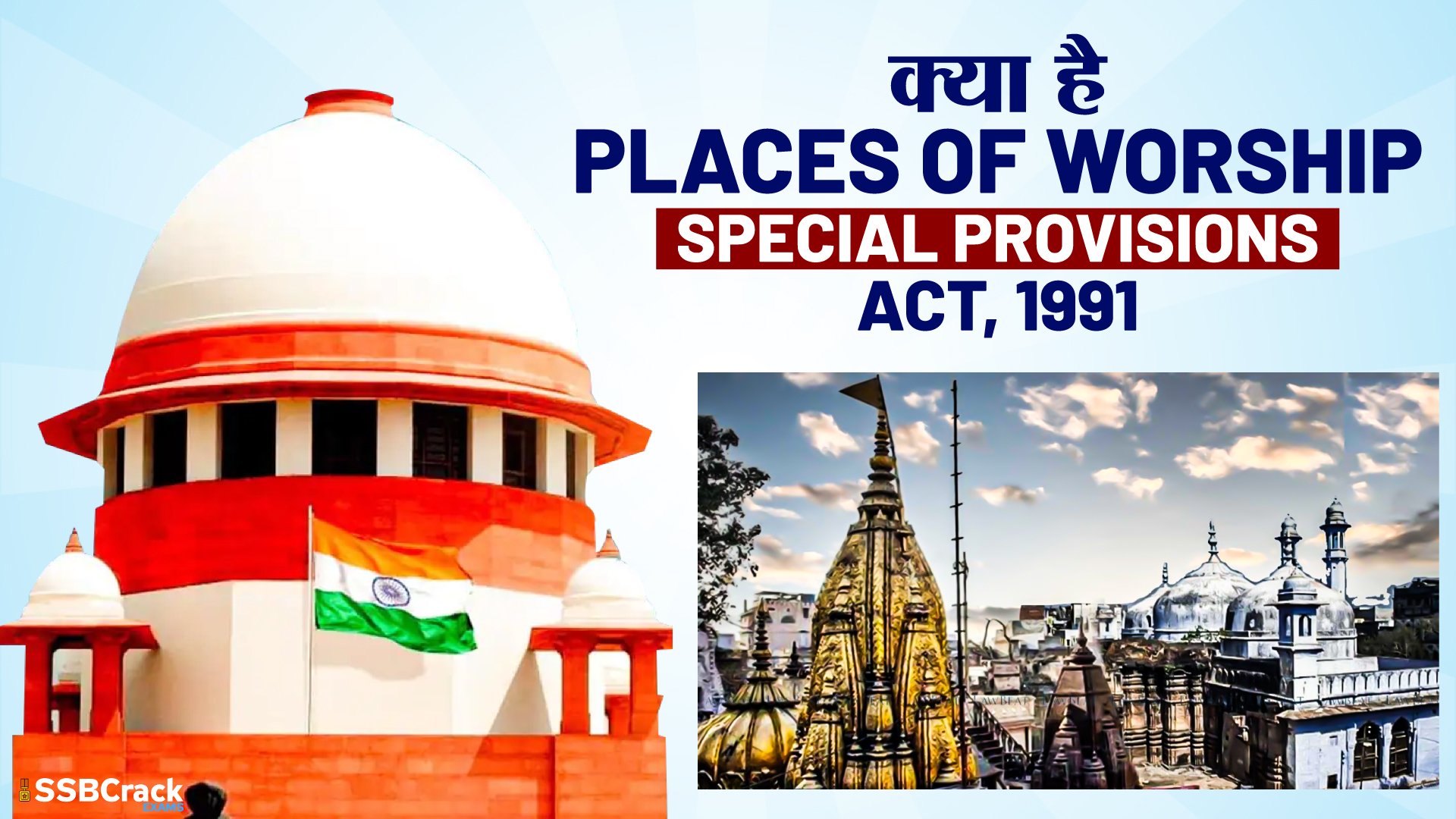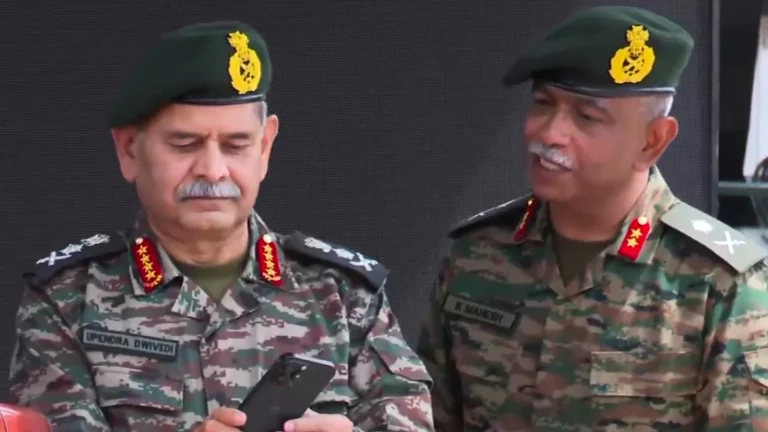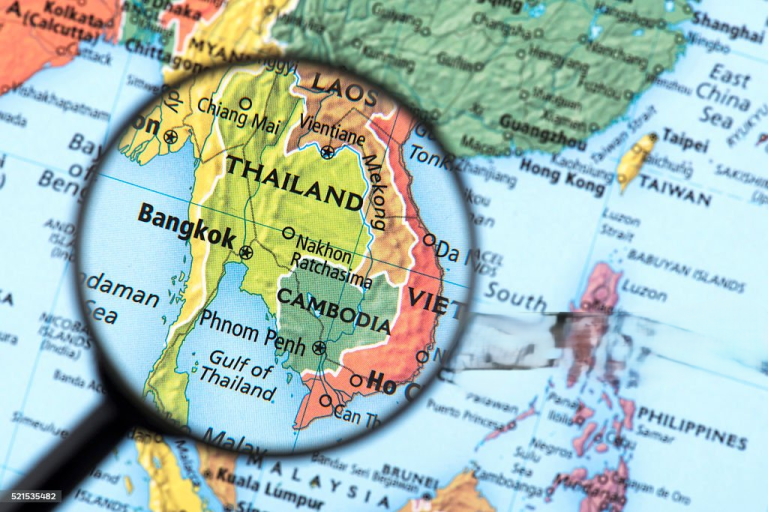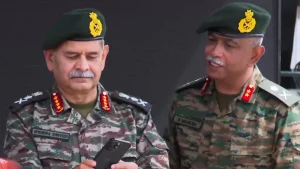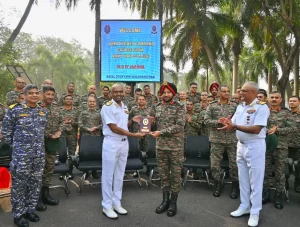Why In News?
- On May 12, 2022, The Varanasi Court, In A Landmark Judgment On The Gyanvapi Mosque, Refused To Remove Advocate Commissioner Ajay Kumar Mishra, Who Was Appointed For The Survey Of The Mosque, And Ordered A Survey Of The Basement Of The Gyanvapi Mosque Before May 17.
The Gyanvapi Mosque Dispute:
- It Is A Popular Belief That The Gyanvapi Mosque Was Built-In in 1669 By The Mughal Ruler Aurangzeb By Demolishing The Ancient Vishweshwar Temple. In Saqib Khan’s Book ‘Yasir Alamgiri’, It Is Also Mentioned That Aurangzeb Had Demolished The Temple In 1669 By Ordering Governor Abul Hassan.
- The Case Of Gyanvapi Mosque Has Been In Court Since 1991, When 3 Persons, Including Pandit Somnath Vyas, A Descendant Of The Priests Of The Kashi Vishwanath Temple, Filed A Suit In The Court Of The Civil Judge Of Varanasi Claiming That Land Should Be Returned To Them.
- On August 18, 2021, In The Same Court In Varanasi, 5 Women Had Filed A Petition Demanding Year-long Access To Pray At The Shrine Behind The Mosque. It Is Currently Open For Prayers Once A Year. Also Want Permission To Pray To Other “Visible And Invisible Deities Within The Old Temple Complex”.
- Hearing The Matter, The Local Court Had Ordered Videography Can Happen At All Places Asked For By The Petitioners. A Part Of This Survey Took Place On May 6 But Was Halted After A Dispute Broke Out Over Filming Inside The Mosque.
- The Mosque Committee Said The Court Had Not Ordered Videography Inside The Mosque. The Petitioners’ Lawyer, However, Insisted That The Court Had Given A Go-ahead.
- A Lawyer Representing The Gyanvapi Mosque Trust That Approached The Supreme Court Against The Filming Order Saying It Is At Odds With The Places Of Worship Act, 1991, Claimed Nothing Unusual Was Found During The Survey.
- On May 20, Underlining the “complexity of the issues involved in the civil suit” pending before the Civil Judge (Senior Division), Varanasi, on the Gyanvapi dispute “and their sensitivity”, the Supreme Court ordered the transfer of the pending proceedings to the District Judge, Varanasi, for “trial and all interlocutory and ancillary proceedings”. It said the suit “should be tried before a senior and experienced judicial officer of the Uttar Pradesh Higher Judicial Service”.
The Places Of Worship Act, 1991:
- The Act Was Passed In September 1991, Over A Year Before The Demolition Of The Babri Masjid (1992). It Seeks To Maintain The “Religious Character” Of Places Of Worship As It Was In 1947 Except In The Case Of Ram Janmabhoomi-Babri Masjid Dispute, Which Was Already In Court.
Key Provisions Of The Act:
- Section 3 Of The Act Bans The Conversion Of A Place Of Worship Or Even A Section Of It Into A Place Of Worship Of A Different Religious Denomination Or Of A Different Segment Of The Same Religious Denomination.
- Section 4(2) Says That All Suits, Appeals, Or Other Proceedings Regarding Converting The Character Of A Place Of Worship (That Were Pending On 15th August 1947) Will Come To End When The Act Commences And No Fresh Proceedings Can Be Filed.
- However, Legal Proceedings Can Be Initiated If The Change Of Status Took Place After The Cut-off Date Of 15th August 1947 (After the Enactment Of The Act). The Act Also Imposes A Positive Obligation On The State To Maintain The Religious Character Of Every Place Of Worship As It Existed At Independence.
Exemptions:
- The Disputed Site At Ayodhya Was Exempted From The Act. Due To This Exemption, The Trial In The Ayodhya Case Proceeded Even After The Enforcement Of This Law.
- Besides The Ayodhya Dispute, The Act Also Exempted: Any Place Of Worship Which Is An Ancient And Historical Monument Or An Archaeological Site Covered By The Ancient Monuments And Archaeological Sites Remain Act, 1958.
- A Suit That Has Been Finally Settled Or Disposed Of. Any Dispute That Has Been Settled By The Parties Or Conversion Of Any Place That Took Place By Acquiescence Before The Act Commenced.
Penalty For Violation:
- Section 6 Of The Act Prescribes A Punishment Of a Maximum of Three-years Imprisonment Along With A Fine For Contravening The Provisions Of The Act.
Supreme Court’s View (In 2019):
- In The 2019 Ayodhya Verdict, The Constitution Bench Referred To The Law And Said It Manifests The Secular Values Of The Constitution And Strictly Prohibits Retrogression.
Petition Arguments Against The Act:
- Against Secularism: It Has Been Challenged On The Ground That The Act Violates Secularism.
- Cut Off Date: It Has Been Argued That The Cut-off Date Of 15th August 1947 Is “Arbitrary, Irrational, And Retrospective”.
- Legal Remedies: It Prohibits Hindus, Jains, Buddhists, And Sikhs From Approaching Courts To “Reclaim” Their Places Of Worship Which Were “Invaded” And “Encroached” Upon By “Fundamentalist Barbaric Invaders”.
- State Subject: It Is Argued That The Centre Has No Power To Legislate On “Pilgrimages” Or “Burial Grounds” Which Is Under The State List. Centre Responded It To Be Residuary Power Under Entry 97 Of The Union List To Enact This Law.
- Against Secularism: It Has Been Challenged On The Ground That The Act Violates Secularism.
- Cut Off Date: It Has Been Argued That The Cut-off Date Of 15th August 1947 Is “Arbitrary, Irrational, And Retrospective”.
- Legal Remedies: It Prohibits Hindus, Jains, Buddhists, And Sikhs From Approaching Courts To “Reclaim” Their Places Of Worship Which Were “Invaded” And “Encroached” Upon By “Fundamentalist Barbaric Invaders”.
- State Subject: It Is Argued That The Centre Has No Power To Legislate On “Pilgrimages” Or “Burial Grounds” Which Is Under The State List. Centre Responded It To Be Residuary Power Under Entry 97 Of The Union List To Enact This Law.
REVIEW QUESTIONS
- The Word ‘Secularism’ Was Inserted Into The Preamble By
- 7th Constitutional Amendment Act
- 42nd Constitutional Amendment Act
- 44th Constitutional Amendment Act
- 86th Constitutional Amendment Act
ANSWER: B
- NOT A Part Of The Preamble Of The Indian Constitution
- Socialism
- Democratic
- Secularism
- Federalism
ANSWER: D
- “Heart And Soul Of The Constitution” – B R Ambedkar
- Right To Constitutional Remedies
- Fundamental Rights
- Preamble
- Fundamental Duties
ANSWER: A
- Types Of Fundamental Rights Available For Indian Citizens
- 9
- 8
- 7
- 6
ANSWER: D
- Equality Before Law And Equal Protection Of Laws
- Article 14
- Article 15
- Article 16
- Article 17
ANSWER: A
- Articles Containing The Cultural And Educational Rights
- 18 – 31
- 23 – 24
- 29 – 30
- 19 – 22
ANSWER: C
- Articles Containing The Right To Religious Freedom
- 25 – 28
- 23 – 24
- 32 – 35
- 19 – 22
ANSWER: A
- Gyanvapi Mosque Was Built-In in 1669 By The Mughal Ruler
- Babur
- Humayun
- Jahangir
- Aurangzeb
ANSWER: D
- The Places Of Worship Act, 1991 Was Passed Under PM
- Rajiv Gandhi
- P V Narsimha Rao
- V P Singh
- A B Vajpayee
ANSWER: B
- Arab Invasion Of India In 711 AD Was Carried Out By
- Muhammed Ghori
- Mahmud Ghazni
- Muhammad Qasim
- Ahmad Shah Durrani
ANSWER: C
To crack the SSB interview, You can join our SSB interview live classes batch and we recommend you to Enroll SSB INTERVIEW ONLINE COURSE. Trusted by thousands of defence aspirants.
Also Read:
